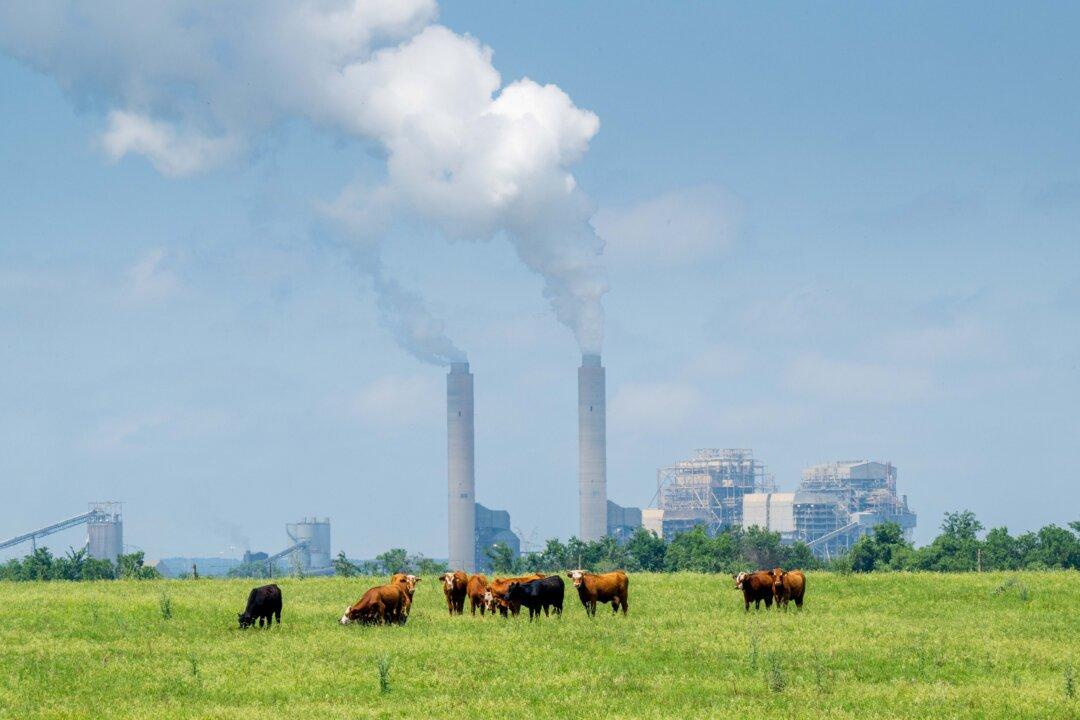Commentary
Earlier this month, the Intergovernmental Panel on Climate Change (IPCC) published a report stating that human-caused climate change is accelerating and that radical changes to human behavior are needed to avert disaster. U.N. Secretary General António Guterres said of the report that the “alarm bells are deafening” and the situation is a “code red for humanity.”





